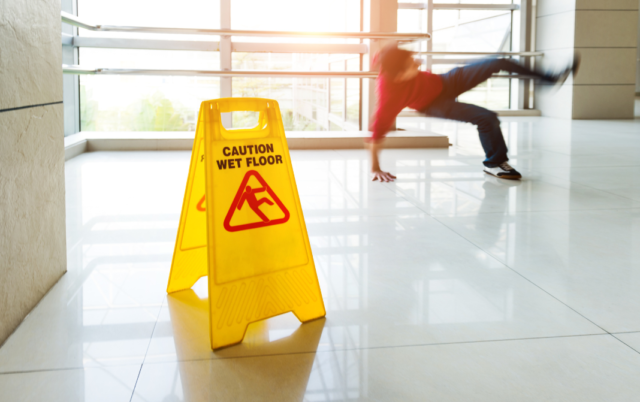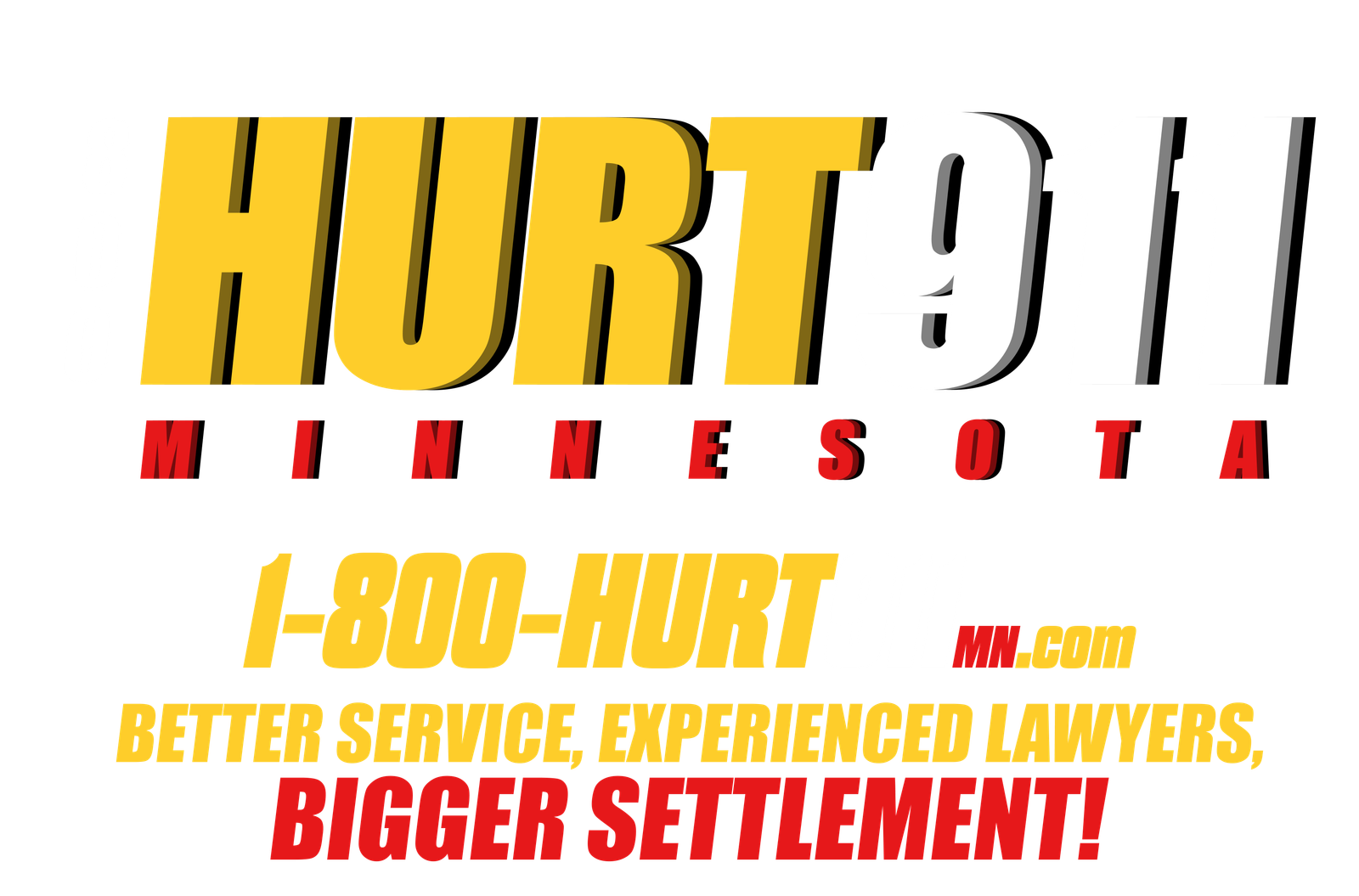Premises liability law is a crucial aspect of personal injury cases in Minnesota. This legal concept determines when a property owner is responsible for injuries that occur on their property. Understanding the nuances of this law is essential for both property owners and those who may suffer an injury on someone else’s property.
Premises Liability and Its Scope
Under Minnesota law, premises liability is defined in Chapter 327, Section 60E.02 of the Minnesota Statutes. This section lays out the legal responsibilities of property owners and the circumstances under which they may be held liable for accidents or injuries that occur on their premises. The scope of this liability is not limited to just slip and fall accidents but extends to any form of injury that could be reasonably prevented by the property owner.
The law specifically mentions liability for injuries caused by hazardous conditions, defects, or activities on the premises. This can range from structural issues to temporary hazards like wet floors or icy walkways. This also covers situations where someone is invited onto the premises and subsequently injured due to the owner’s negligence. In such cases, the property owner may be held liable for any resulting injuries.
Property Owner Responsibilities
Property owners in Minneapolis have specific responsibilities under Minnesota law to ensure the safety of their premises:
- Maintain Safe Conditions: Owners must keep their property reasonably safe. This includes identifying and correcting hazards, such as fixing structural issues or cleaning spills.
- Warning Signs and Barriers: If immediate hazard correction isn’t possible, owners should use warning signs or barriers to prevent accidents.
- Upkeep of Property: Regular maintenance and repairs are required for fixtures, structures, and equipment to ensure they are safe.
- Legal Requirements: According to Minnesota Statutes Section 604.01, owners must exercise reasonable care to maintain safe premises and warn of known dangers.
- Liability for Negligence: Owners can be held liable for injuries if negligence in maintaining the property or warning about hazards is proven.
Role of Minneapolis Premises Liability Law in Personal Injury Cases
Premises liability plays an essential role in personal injury claims in Minneapolis. This area of law determines when a property owner is liable for injuries that occur on their property. The extent of liability and potential damages depend on various factors, including the nature of the injury and the circumstances under which it occurred.
Categories of Visitors and Their Rights
The rights of individuals on another’s property in Minnesota vary based on their categorization as invitees, licensees, or trespassers. Each category is afforded different levels of protection under premises liability law.
1. Invitees
Invitees are individuals who enter a property for business purposes or public use. Property owners owe the highest duty of care to invitees, which includes maintaining a safe environment and promptly addressing known hazards.
Invitees have the right to expect a reasonably safe environment and can seek compensation for injuries caused by a property owner’s negligence.
2. Licensees
Licensees are individuals on the property for social reasons or their own purposes. Property owners owe licensees a lesser duty of care than invitees. The obligation is to provide reasonable care to protect them from known dangers, but there is no duty to inspect for unknown hazards.
3. Trespassers
Generally, property owners have limited liability towards trespassers. However, they cannot willfully harm trespassers and must not engage in wanton misconduct.
Exceptions exist for child trespassers, where property owners might be held to a higher standard of care, especially in cases involving attractive nuisances.
Common Types of Premises Liability Cases and Injuries
Premises liability cases in Minnesota encompass a variety of scenarios, each with its unique challenges and legal considerations. Some of the most common types of cases include:

- Slip and Fall Incidents: These occur due to slippery surfaces, uneven flooring, or other hazards that are not adequately addressed by the property owner.
- Inadequate Security: Property owners may be liable if inadequate security leads to assault or theft on their premises.
- Poorly Maintained Properties: This category includes injuries resulting from falling debris, broken staircases, or other maintenance failures.
Proving Fault and Recovering Compensation in a Premises Liability Claim
Establishing a property owner’s fault in a premises liability case involves several key steps:
Establishing Property Owner’s Liability
Proving liability involves demonstrating that the property owner was aware or should have been aware of the hazard. This can be established through maintenance logs, prior complaints, or incident reports.
It must be shown that the owner failed to take reasonable steps to rectify the hazard, whether it was a repair, a warning sign, or other preventive measures.
Demonstrating Negligence and Causation
The claimant needs to establish that the property owner’s actions or inactions fell below the standard of care expected. This involves showing a breach of their duty to maintain a safe environment.
It’s crucial to link the owner’s negligence directly to the injury. This might involve medical records, expert testimony, and evidence of the hazard’s existence and danger. That’s why collecting surveillance footage, witness statements, and photographs of the scene can be essential in proving negligence and causation.
Role of Personal Injury Attorneys in Minneapolis
Personal injury attorneys play a crucial role in navigating the complexities of premises liability cases. They can help gather and present evidence, negotiate with insurance companies, and represent the injured party in court if necessary.
Recovering Compensation
- Economic Damages: This includes medical bills, lost wages, and other quantifiable losses due to the injury.
- Non-Economic Damages: Compensation may also cover pain and suffering, emotional distress, and loss of enjoyment of life.
- Punitive Damages: In cases of gross negligence, punitive damages may be awarded to punish the wrongdoer and deter similar conduct in the future.
Get Expert Legal Help for Your Premises Liability Case
If you’ve suffered an injury on someone else’s property, HURT 911 Minnesota is here to help. Our 1-800-HURT911 lawyers work on a contingency basis – you pay only if we win your case. With no hidden fees or small print, our focus is on your success. We get paid only when you do.
For expert legal assistance in premises liability or any personal injury cases, contact us at 1-800-HURT911 or email info@1800hurt911mn.com. Let us take care of the legal details while you focus on recovery.


